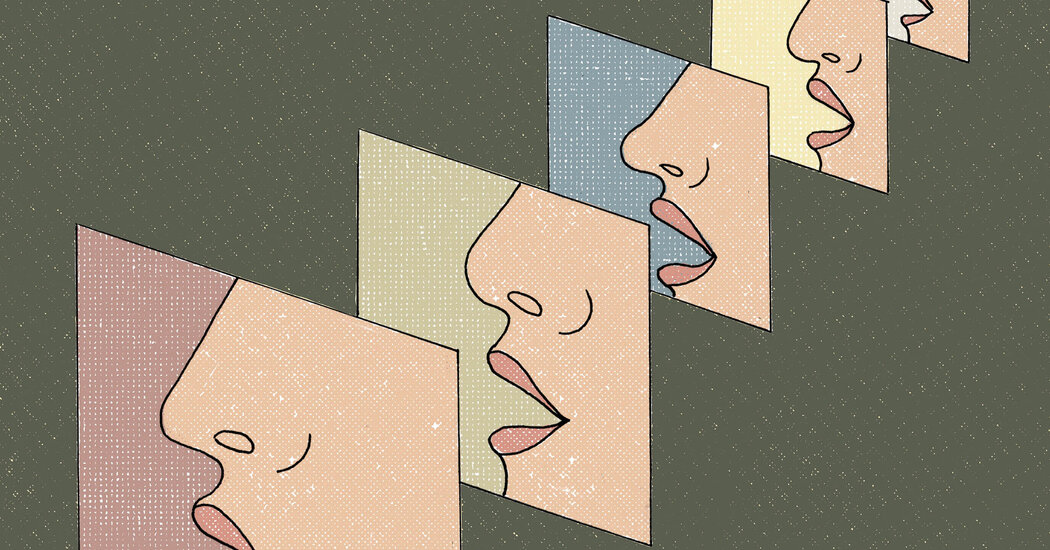It’s worth noting that Yiddish has been maligned by gentiles and Jews alike. Antisemites considered it the parlance of vermin, while the rabbinical elite deemed it unworthy of serious Talmudic discussion. As the saying goes, better an honest slap in the face than an insincere kiss. I like to think that animosity has helped the language to be nimble, clearheaded and improvisational.
Yiddish came to life at least a millennium ago. The earliest historical documents we have date back to the 12th century in the Rhineland in western Germany as a code-switching form of communication — called loshn ashkenaz, the language of Ashkenaz — juxtaposing High German and Hebrew. There is a scholarly theory that posits that the combination was actually High German and Aramaic, which was used by Middle Eastern Jews. At any rate, Yiddish was the tongue of women, children and the illiterate.
By the time the Italian poet Dante Alighieri composed “The Divine Comedy,” the “jargon,” as it was derided, had attained political, economic and cultural power, giving Eastern European Jews a sense of interconnectedness. While it is true that Shakespeare didn’t imagine Shylock to be a Yiddish speaker, it’s likely that Jewish merchants like him would at least have heard about di mame loshn, the mother tongue.
During the Enlightenment, secularists, called Maskilim, depicted Yiddish as a contorted language, incapable of “civilized” thought. In their view, to be a full-fledged European citizen one needed to speak the languages of Goethe, Locke and Voltaire. On the other hand, Hasidism, a religious movement that at the beginning was against the rabbinical establishment, thrived in Yiddish.
The superb stories of its founder, the Baal Shem Tov, and his descendants, including Rabbi Nakhman of Bratslev, his great-grandson, were, for the most part, disseminated in Yiddish. Rabbi Nakhman is considered a forerunner of Franz Kafka’s worldview on fate as being shaped by obscure, mysterious, perhaps divine drive. Fittingly, Kafka studied the language and in 1912 even delivered a speech in Yiddish.


